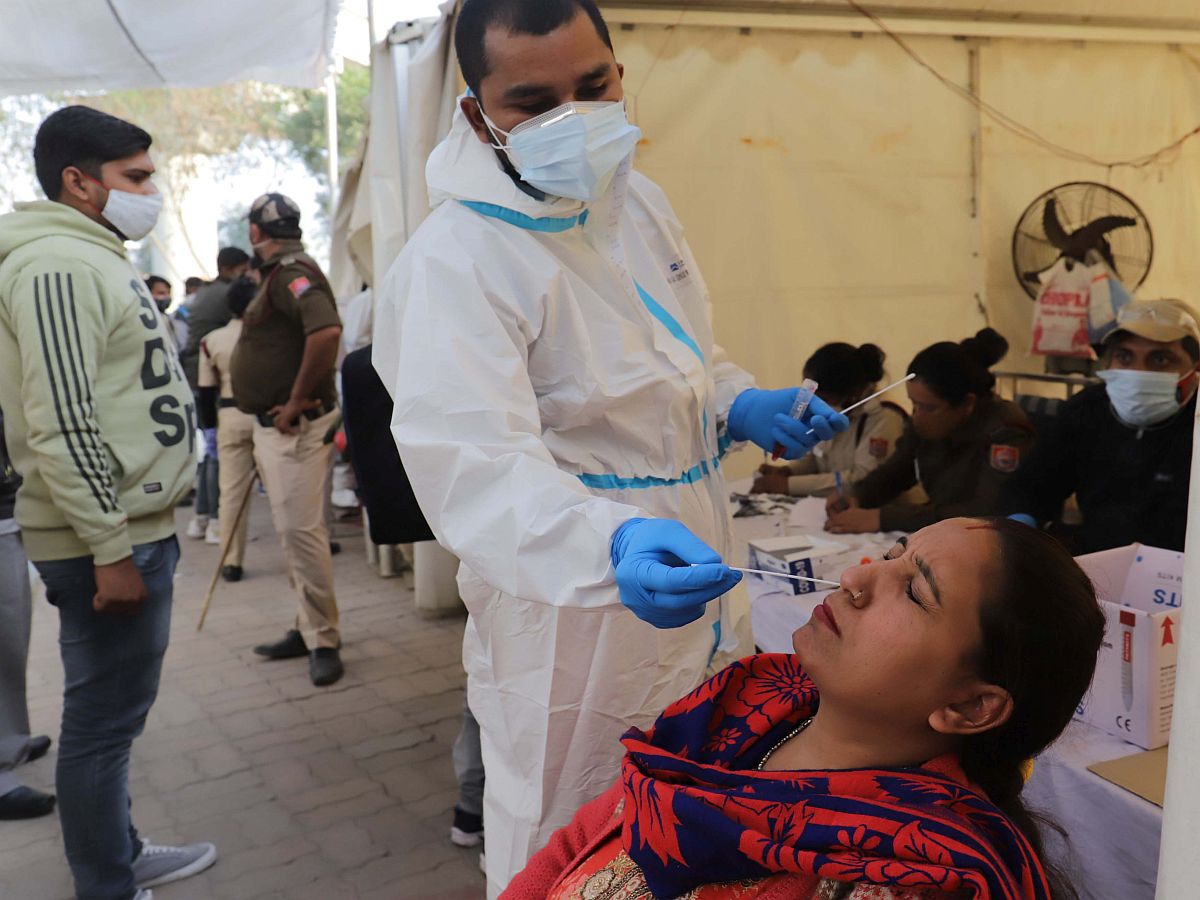Renewables Race
India’s clean energy ambitions are bold and necessary, but the country faces an uphill battle in turning them into reality.
The Coronavirus disease, which was first documented on December 1, 2019 from Wuhan City in China, has since spread like wildfire throughout the globe. The overall global Covid-19 caseload has topped 160.8 million, while the deaths have surged to more than 3.34 million, so far.

(File Photo: SNS)
More investigation is needed to determine the origin of the Covid-19 pandemic, say a team of 18 scientists from Universities in the US, Canada, the UK and Switzerland.
“Theories of accidental release from a lab and zoonotic spillover both remain viable,” they wrote in a letter published on Thursday in the journal Science.
Advertisement
“Knowing how Covid-19 emerged is critical for informing global strategies to mitigate the risk of future outbreaks,” said the researchers led by Jesse Bloom, an evolutionary virologist at the University of Washington, US.
Advertisement
The Coronavirus disease, which was first documented on December 1, 2019 from Wuhan City in China, has since spread like wildfire throughout the globe. The overall global Covid-19 caseload has topped 160.8 million, while the deaths have surged to more than 3.34 million, so far.
The team of researchers lauded the efforts of scientists in understanding SARS-CoV-2 — its transmission, pathogenesis, and mitigation by vaccines, therapeutics, and non-pharmaceutical interventions. Yet, even after 17 months, how the coronavirus pandemic exactly began still remains a mystery.
The researchers highlighted a joint China-World Health Organization (WHO) report into the origins of SARS-CoV-2, some results of which were released in November 2020.
“WHO Director-General Tedros Ghebreyesus commented that the report’s consideration of evidence supporting a laboratory accident was insufficient,” they noted.
“As scientists with relevant expertise, we agree with the WHO director-general, the United States and 13 other countries, and the European Union that greater clarity about the origins of this pandemic is necessary and feasible to achieve,” they said. They call for an investigation that is “transparent, objective, data-driven, inclusive of broad expertise, subject to independent oversight, and responsibly managed.”
“In this time of unfortunate anti-Asian sentiment in some countries, we note that at the beginning of the pandemic, it was Chinese doctors, scientists, journalists, and citizens who shared with the world crucial information about the spread of the virus — often at great personal cost. We should show the same determination in promoting a dispassionate science-based discourse on this difficult but important issue,” they said.
Advertisement